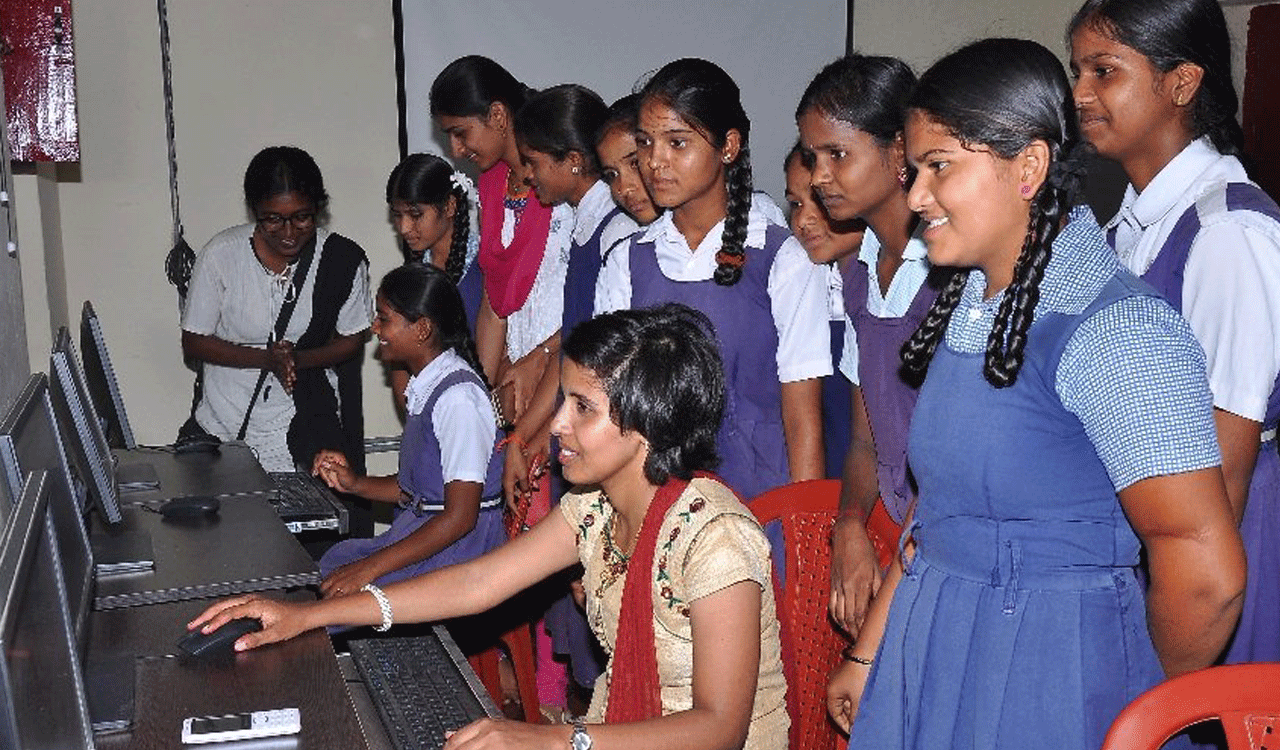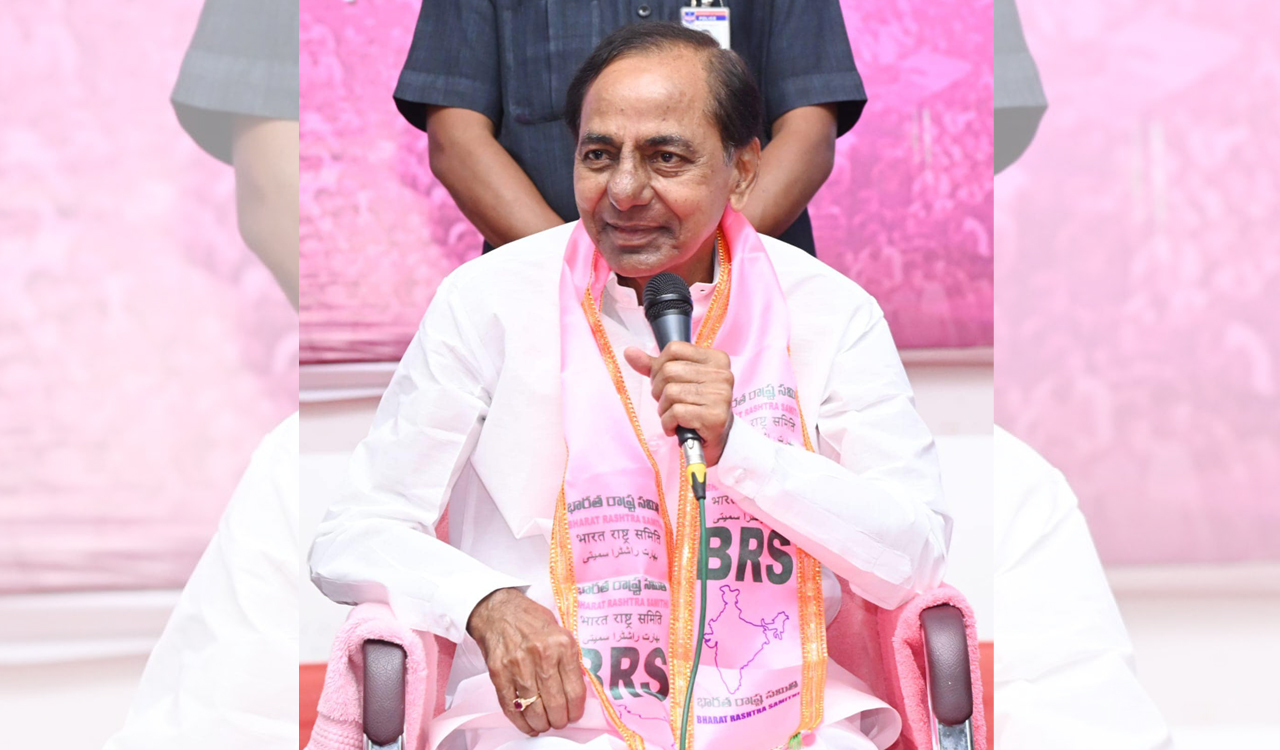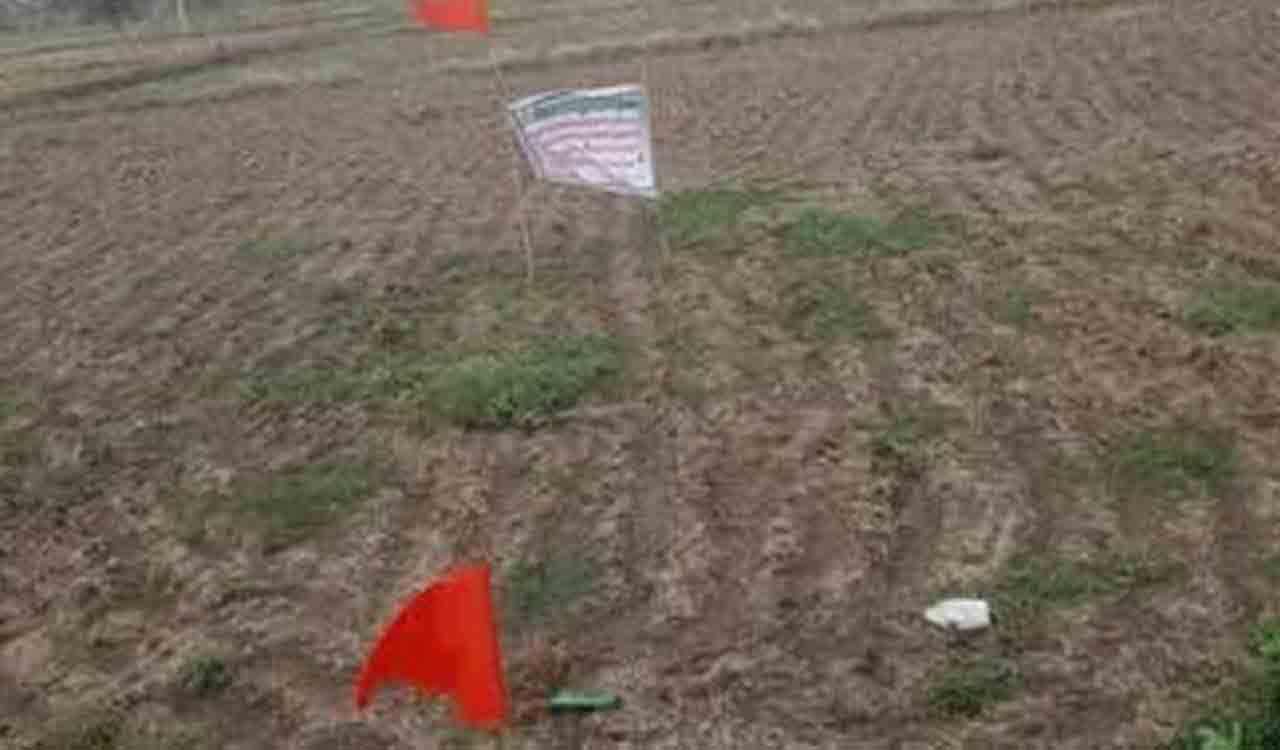Rural literacy rate plunges in Telangana; Stands second from bottom among all States
The State’s rural literacy rate dropped from 72.6 percent in 2022-23 to 69.9 percent in 2023-24. This is way below the national average of 77.5 percent recorded for the same year

Hyderabad: A silent crisis has unfolded in Telangana as the rural literacy rate dropped to a new low to 69.9 per cent, standing second from the bottom among all the States.
The State’s rural literacy rate dropped from 72.6 percent in 2022-23 to 69.9 percent in 2023-24. This is way below the national average of 77.5 percent recorded for the same year.
These startling details have come out in the Periodic Labour Force Survey (PLFS) conducted by the Ministry of Statistics and Programme Implementation. The survey information was recently shared by the union Minister of State for Education Jayant Chaudhary in Rajya Sabha.
What is more concerning is the drop in female literacy rate by close to 5 per cent in rural Telangana. The female literacy rate in the rural areas, which was recorded 65.9 percent in 2022-23, has come down to 61.1 percent in 2023-24. But the male rural literacy rate remained unchanged at 79.3 percent.
As per the last census, a literate is defined as a person aged seven years and above who has the ability to read and write in any language.
Overall, the country saw a marginal increase in the rural literacy rate from 77 percent in 2022-23 to 77.5 percent 2023-24. The male literacy rate saw an increase from 83.6 percent to 84.7 percent, while female literacy went up from 70.3 to 70.4 percent across the country.
According to the union Minister, the government introduced a literacy programme in 2022-23 as New India Literacy Programme, popularly known as ULLAS (NILP), being implemented from the financial year 2022-23 to 2026-27. The States/UTs implementing the scheme conduct surveys on hybrid mode to identify non-literates (beneficiary) and Volunteer Teachers.
The Foundational Literacy and Numeracy Assessment Test was conducted under the ULLAS scheme to assess basic reading, writing, and numeracy skills along with financial, digital and critical life skills of the non-literates, and then certifying them as “neo-literates” upon passing the assessment test by the NIOS, he added.
Related News
-
KCR extends Christmas wishes to people of Telangana
-
Telangana’s micro-sculptor Ajay Kumar sculpts Brazil’s “Christ the Redeemer” in the eye of a needle
-
Leopard spotted and panic prevailing in Nandipahad village under Maddur mandal
-
Unpaid loans: DCCB erects auction flexis in farmers’ fields in Kamareddy
-
Telangana techie loses Rs 4.15 lakh to online gold trading fraud
26 mins ago -
Hyderabad: Couple working as house help at doctor’s residence held for theft
41 mins ago -
Hyderabad auto driver foils attempt to kidnap young woman, five held
1 hour ago -
Haiti gang attack on journalists covering hospital reopening leaves 2 dead, several wounded
3 hours ago -
21 dead as Mozambique erupts in violence after election court ruling
3 hours ago -
Cartoon Today on December 25, 2024
11 hours ago -
Sandhya Theatre stampede case: Allu Arjun questioned for 3 hours by Chikkadpallly police
11 hours ago -
Telangana: TRSMA pitches for 15% school fee hike and Right to Fee Collection Act
11 hours ago




